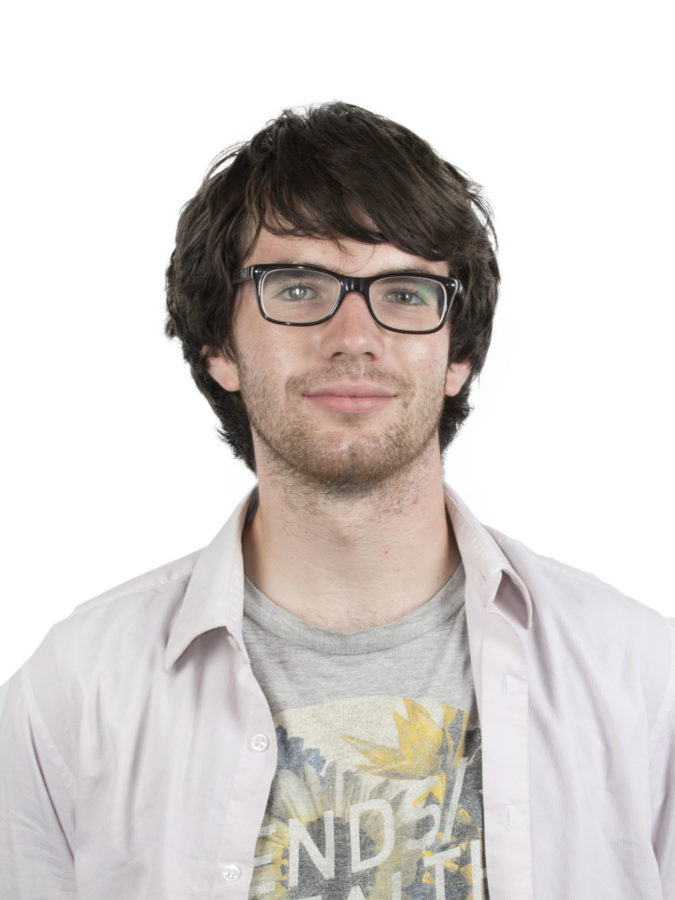Wealth gap hurts all economies
Jan 26, 2015
College is a relatively secluded atmosphere. Although there are of course exceptions, college students are substantially better economically situated than many others, simply because we have the privilege of earning a form of higher education.
For many Americans, receiving a higher education was never even an option, but for everyone, it should be.
Some of us are pursuing careers, while some are gaining valuable knowledge and others are burning through season six of “Parks and Recreation” on Netflix.
Still, once we come out of this institution, nearly all of us will be in a position to provide ourselves with a better life than before we came in, and we’re surrounded by peers who are all in the same situation. Because of that, I think we (or I) often forget about just how widespread of a problem poverty is.
Unfortunately, the ubiquity of poverty was highlighted for me yet again this week.
Get The Daily Illini in your inbox!
Since 2010, Credit Suisse Research Institute has been calculating the global wealth report, a publication that, this year, consists of 156 pages of charts, graphs, lists and analyses of wealth by country. Though it’s very, very far away from the most riveting thing I’ve ever read, the big-picture takeaway from the report is bleak — especially for anyone claiming blindly that the United States of America is the greatest nation on Earth, or for those ignoring the massive wealth that has been accrued by a small amount of people.
Perhaps the most startling statistic from this study, however, is that 80 people in the world have more combined wealth than the world’s 3.6 billion poorest people.
According to Oxfam, by 2016 one percent of the world will control more of the world’s wealth than the remaining 99 percent combined (debts factored in, as well). When I first read this, I was astounded — and I still am. That’s an incomprehensible amount of wealth to me, and probably most people in the world. While billionaires are thinking of which football team to buy next, most of us students are just looking for eight quarters to pay the damn parking meter (thanks for the tickets, Urbana Parking Department).
I don’t purport to be an economist — in fact, I’ve never even taken an economics class here at the University, but I do feverishly keep up with history and current events, which would lead me to believe that this trend (which is happening world-wide) is probably more bad than it is good.
This is not my communist manifesto. Capitalism is a good economic system, and when it’s not exploited by the ultra-powerful, it can work wonders. Wealth disparity, to an extent, is necessary. Those who do astounding things should be wealthier than those who don’t, but the level of inequality that we’re steadily approaching can’t be healthy — or stable — for anyone, even the world’s strongest economy.
Our country was, at least arguably, considered the strongest because we have a strong middle class, and this growing disparity continues to shrink what is left.
Don’t get me wrong, I’m not advocating for forceful wealth redistribution — but I am arguing for those who have more wealth to support allocating more to the communities that allowed them to prosper, whether it be via taxation or otherwise.
This could easily be applied to students who have depended on state-funded workers so much for our education while here at the University. Some of us will go on to do great things with our education — but none of it would have been possible without the groundwork laid by others, and thus, we should aim to give back once we have the ability to (after I find a job, for the love of God).
Much like The New Deal after World War II, we can and must invest in our aging infrastructure, invest in renewable energies, and invest in education and opportunities for all young people — regardless of economic status. This would hopefully be enough economic activity to lift many out of the grip of poverty, but until then, with right-wing politicians still advocating for the policies akin to the failed idea of “trickle-down economics,” I am fearful.
Quite simply, this wealth disparity helps few at the expense of many, and it shows no sign of moderating any time soon.
I would hope that it would be a bipartisan opinion that futuristically, it would be hard to envision the rapidly expanding wealth gap as a good thing for American society — or, on a more localized level, the University system as a whole. Tuition is ascending to plateaus that will soon make it prohibitive for growing numbers of the population to attend the University — and if the wealth is increasingly concentrated at the top, the chances that it will trickle down are historically slim to none (Sorry, Ronald Reagan).
But hey, what do I know? I’m no economist.
Boswell is a senior in LAS. He can be reached at [email protected].






